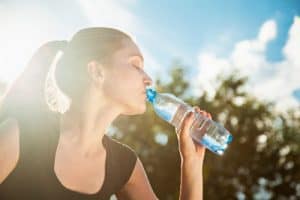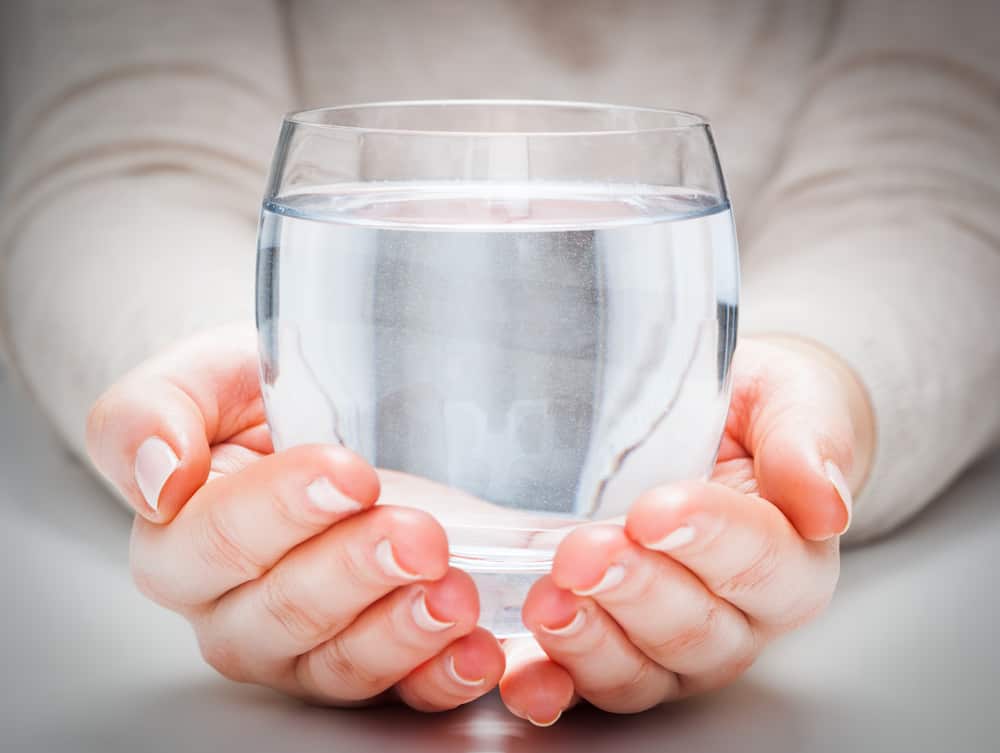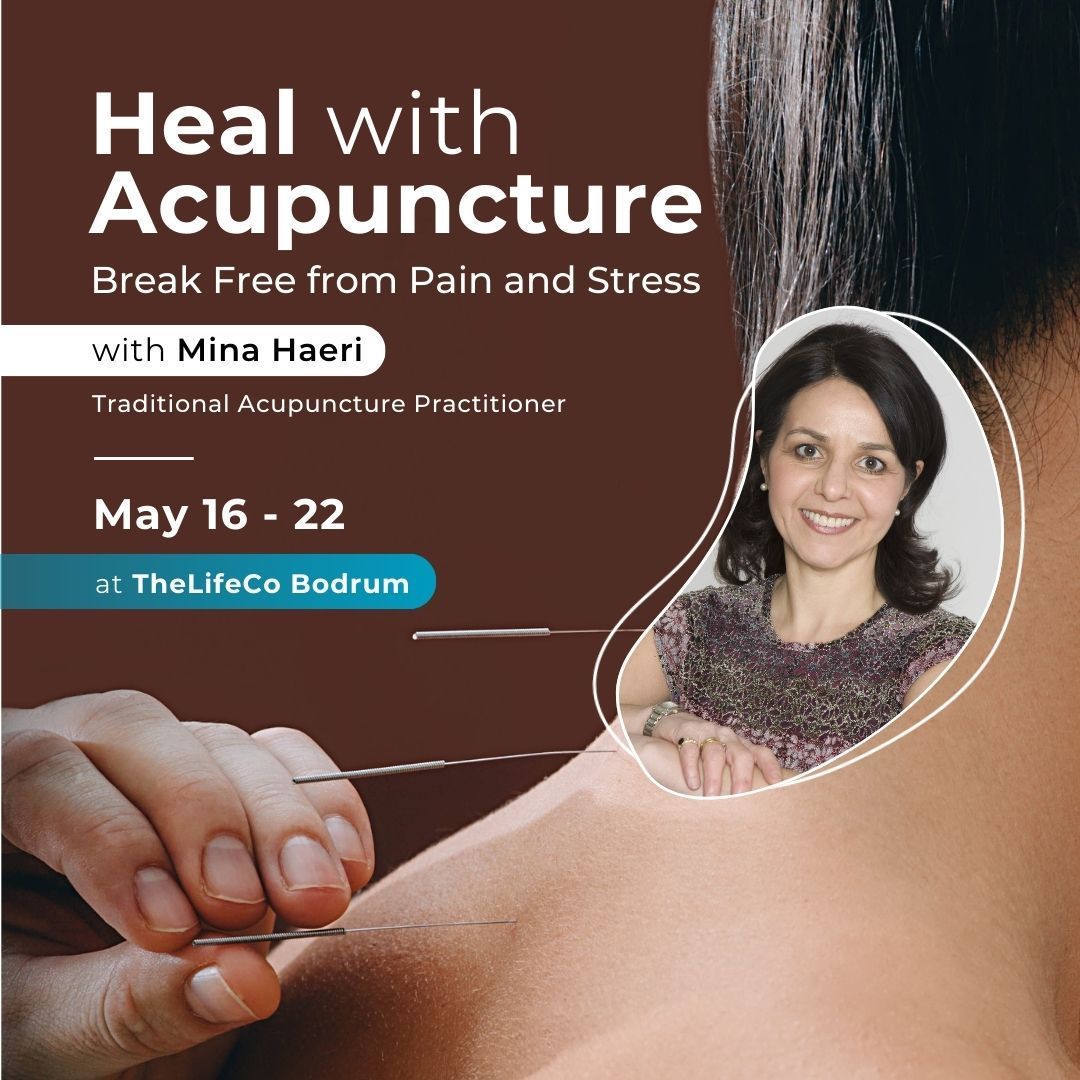Many cultures/religions include some fasting. The main reason for this is the same in all of these beliefs: Physical, mental, emotional, and spiritual healing, resetting and benefits of fasting. Fasting is nature’s way of allowing your body to heal itself, and that rest is essential to the success of the process. Moreover, water fasting benefits are numerous!
When you stop eating all the energy that has been used to gain energy from food is now being used for flushing toxins out of the system and boost the natural healing mechanism of the body.
Can you drink water when fasting?
Water cleanses, also known as water fasting, are types of fasting in which for a set period of time, you only consume water. Water is easily digested and naturally provides calorie restriction. Because, unlike many other diet methods, while water fasting, you take zero calories.
How much water should I drink?
You will drink water in 24 hours. Because the first thing to remember is that 60 – 70% of our body is WATER. So, it’s crucial that you drink enough quantity of it, which should not be less than 8 – 10 glasses daily, to support the cleansing process. Drinking not enough water is during water fasting is the problem we observe the most. The body gets dehydrated, as a result, it becomes more acidic, and the cells don’t get hydrated enough to keep the blood alkalized. This results in a slower cleansing process. Such a problem is solved by giving people fluids as IVs or Himalayan sea salt drinks to keep electrolytes up.
How long can a person fast?
It should be at least three days to receive the highest amount of water fasting benefits. However, chronic severe illnesses cases will require at least (2) 14 day of consecutive fasting periods, and each will require an extra seven days as a eating period.
How to prepare before joining the program?
Try to avoid meat as best as you can; other animal products are off-limit as well, dairy products can also be consumed mindfully. Try to convert 75% of your diet into raw or steamed vegetables. The other 25% should also exclude high acidic foods. If your digestion is feeble, you may increase the amount of steamed or baked vegetables in your diet.
Dinner should be completed at 19.00. After that, herbal tea and raw nuts can be consumed as an appetizer. It’s good to avoid sugar or foods with added sugar. We all know it’s poison. So try to replace it with organic honey, maple syrup or date syrup or coconut sugar.
Eat no fried food or foods cooked in oils. When you do use oil if possible use coconut oil, avocado oil, cold-pressed organic olive oil, or flaxseed oil. Please try to avoid any packaged food-drinks or consider the organic food certificated ones.
Is it for everyone?
Everyone can benefit from this diet. Either you want to lose weight, or suffer from different conditions; obesity, chronic disease, autoimmune disorders, food addictions, digestive disorders, mental and physical exhaustion, etc.
For different needs and goals, you can do 3 day water fast, 7 day water fast or 14 day water fast. 20 day water fast and 30 day water fast are also long term options. Always look for easier to digest a medical supervision for longer fasts.

Water Fasting Benefits
Fasting diets are effective ways to prevent, reduce and heal health problems. According to research if you do one day of water fasting diet a month, it decreases heart attack risk by 40%. Some of the most common benefits of water fasting;
- Improves Body Composition and Fitness
- Promotes Greater Satiety
- Boosts Your Metabolism
- Supports Fat Loss and Ketosis
- Improves Cardiovascular Health
- Lowers Blood Pressure Decreases Blood Sugar Levels
- Improves Blood Triglycerides
- Promotes Heart Health
- Prevents the Risk of Heart Disease
- May Slow Aging and Enhance Longevity
- Decreases Inflammation
- Increases Resistance to Oxidative Stress
- Protects the Wall of the Digestive Tract
- Improves Cell Recycling
- Increases Growth Regulation
- Protects Your Brain
- Reduces Harmful Protein Production
- Promotes a Healthy Stress Response
- Supports Healthier Collagen in Skin
- Improves Mental Health & Wellbeing
How to stop fasting?
Since your gastrointestinal system was healing during this period, introducing food to the body after only drinking water should be done slowly and in moderation to avoid potential problems.
If you don’t want to upset your stomach, you may continue a sort of liquid diet (green juices or smoothies) for a few days after a 3 day fast or 7 day fast. On the 4th day, you can introduce salads back into your diet and adding soups, later on, will make the transition go smoothly.
Healing crisis?
Everyone has their physical, mental, spiritual, and health state when they do a different diet, so the experience becomes unique for each person. But almost everyone goes through the so-called `healing crisis’ or ‘healing reaction,’ which are known to be part of the detoxification (cleansing) process. Being tired, feeling weak, headache, insomnia, dizziness, upset stomach, etc. However, after each reaction, you will advance to a higher level of health.







